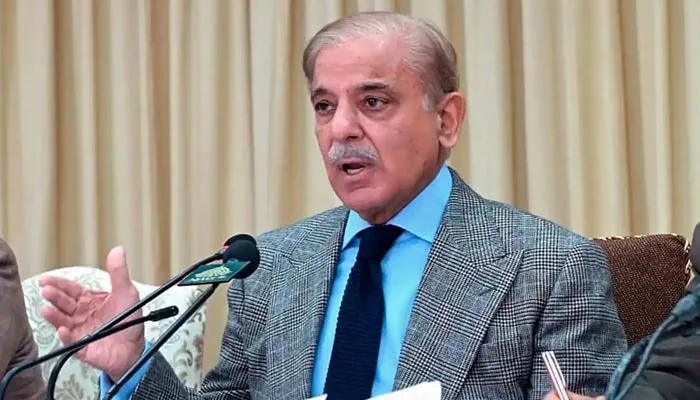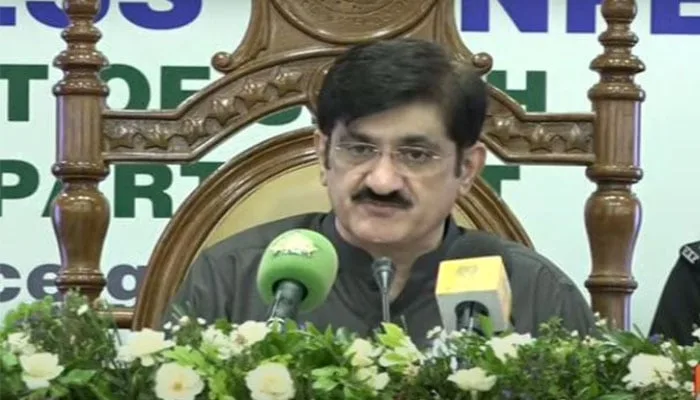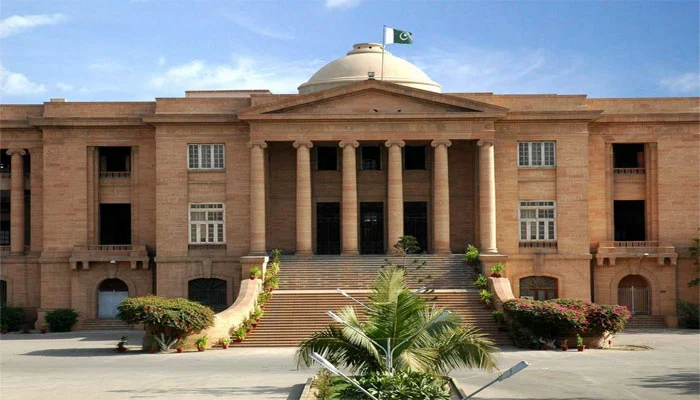Prime Minister Shehbaz Sharif, spearheading a comprehensive overhaul of Pakistan’s power sector, emphasized the pivotal role of effective governance mechanisms during a recent high-level meeting. Recognizing the intrinsic link between accountability and progress, he underscored the necessity of implementing reforms alongside a robust system of checks and balances.
The Prime Minister’s proactive stance was evident as he chaired a pivotal session focused on reviewing and advancing power sector reforms. Central to this initiative was the approval of a strategic restructuring plan for the National Transmission and Dispatch Company, aimed at enhancing efficiency and reliability within the electricity transmission network. This decisive move reflects a commitment to modernizing infrastructure and optimizing operational performance.
To ensure the seamless execution of these reforms, the Prime Minister established a dedicated committee tasked with finalizing recommendations and overseeing their implementation. Furthermore, the creation of a specialized cell within the Prime Minister’s Office underscores a steadfast commitment to driving tangible change and fostering accountability at every level.
In a demonstration of his unwavering dedication to addressing societal needs, the Prime Minister called for a comprehensive strategy to provide low-power fans to low-income consumers. This compassionate approach not only alleviates the burden of energy costs on vulnerable populations but also underscores a commitment to inclusive growth and social welfare.
Recognizing the pivotal role of the industrial sector in driving economic prosperity, the Prime Minister issued directives for the development of a comprehensive plan to provide electricity at subsidized rates. By facilitating access to affordable energy, the government aims to stimulate industrial growth, enhance competitiveness, and bolster export potential, thereby fostering sustainable economic development.
Central to the Prime Minister’s vision is the establishment of a rigorous monitoring mechanism to track the progress of power sector reforms. By convening monthly review meetings, he ensures accountability and transparency in the implementation process, thereby fostering a culture of efficiency and results-oriented governance.
The Prime Minister’s steadfast commitment to advancing reforms was echoed by the participation of key stakeholders, including Federal Ministers Ishaq Dar, Ahad Cheema, Muhammad Aurangzeb, Ataullah Tarar, and Sardar Owais Leghari. Their collective engagement underscores a collaborative approach to addressing complex challenges and driving meaningful change.
Furthermore, the inclusion of esteemed individuals such as Mossadegh Malik, Abdul Aleem Khan, former Minister of Electricity Muhammad Ali, and Deputy Chairman Planning Commission Jahanzeb Khan, alongside representatives from regulatory bodies and the National Assembly, reflects a concerted effort to leverage diverse expertise and perspectives in shaping policy decisions.
Prime Minister Shehbaz Sharif’s strategic vision for power sector reforms represents a watershed moment in Pakistan’s journey towards energy sustainability and economic prosperity. By prioritizing accountability, inclusivity, and efficiency, his administration lays the foundation for a resilient and vibrant energy ecosystem that empowers communities, fosters innovation, and drives sustainable development.



